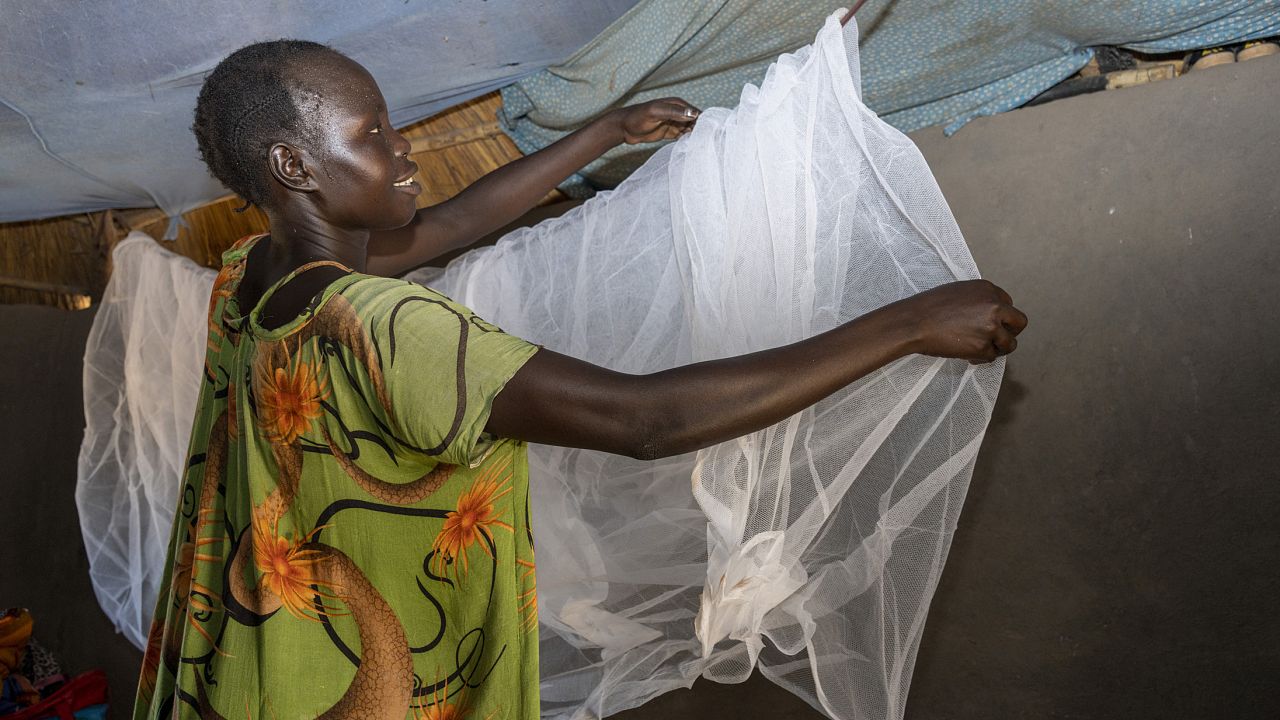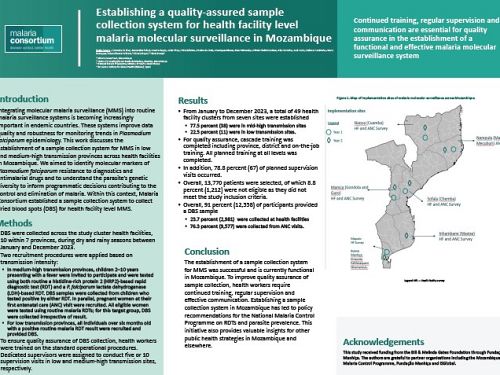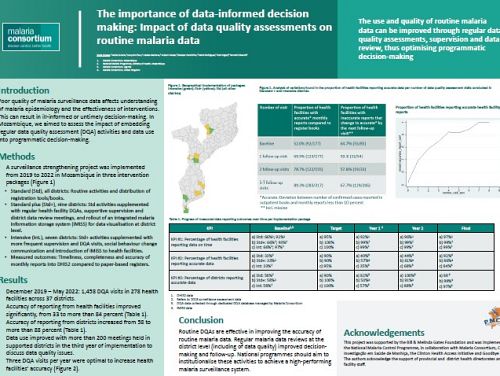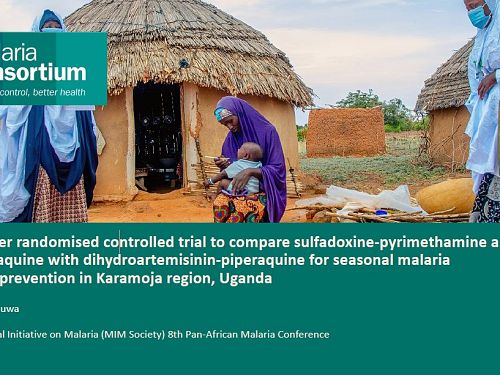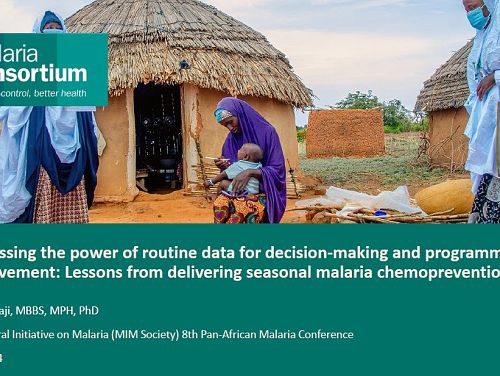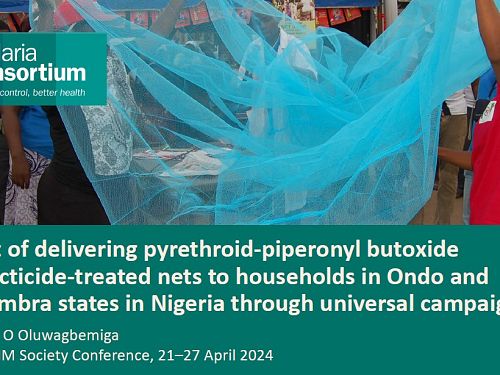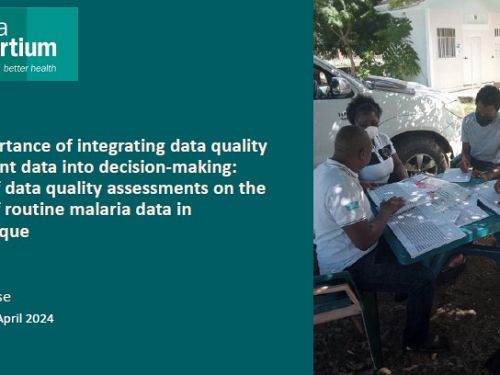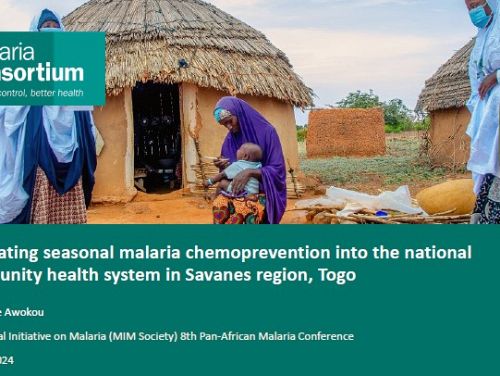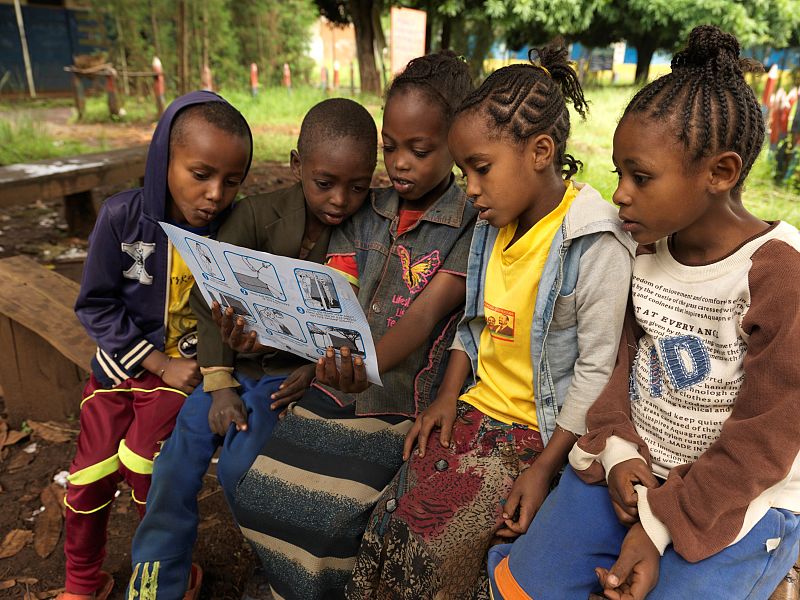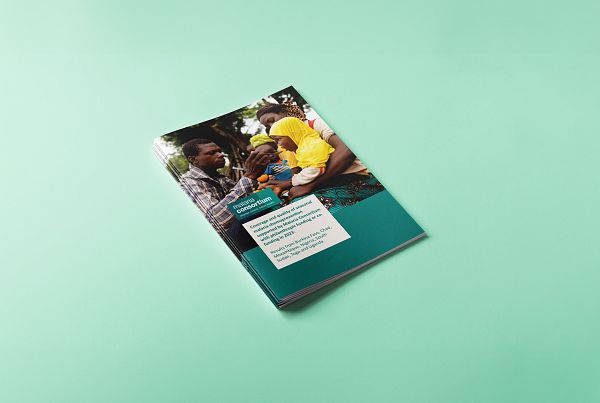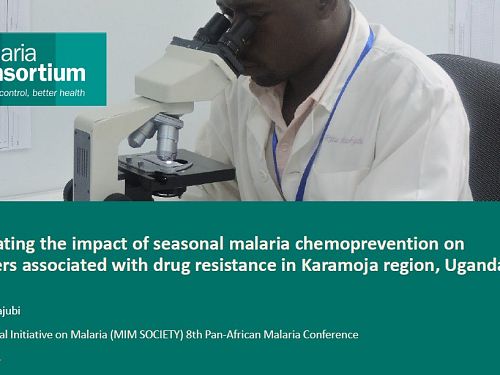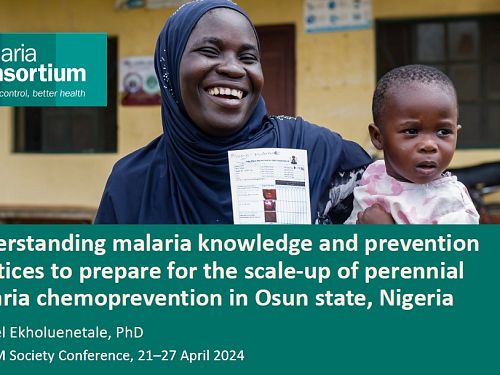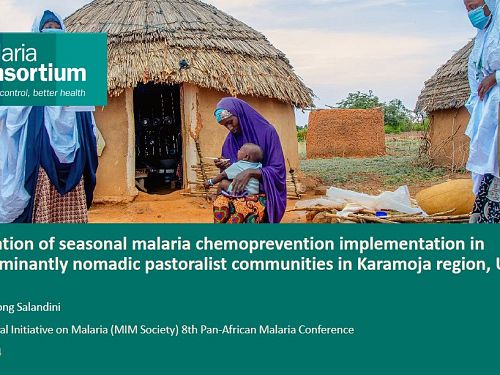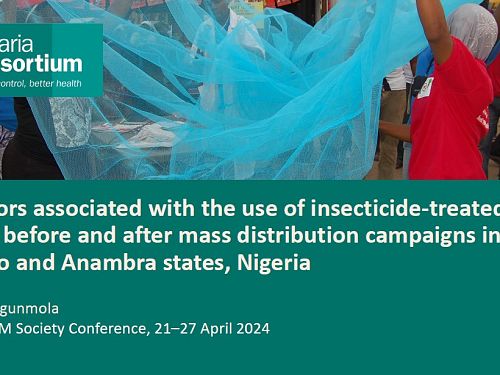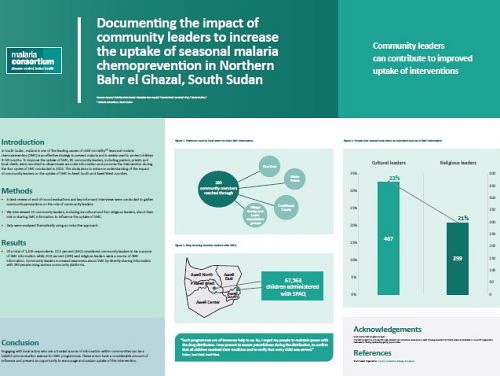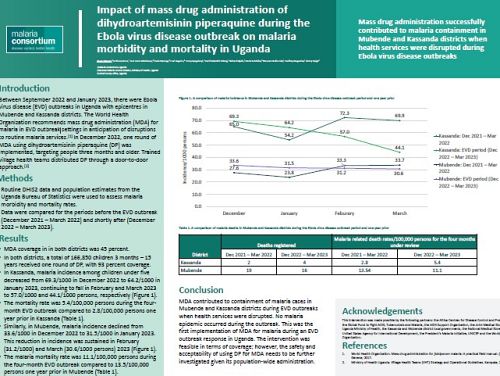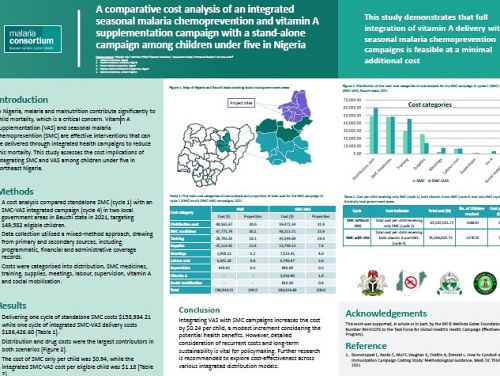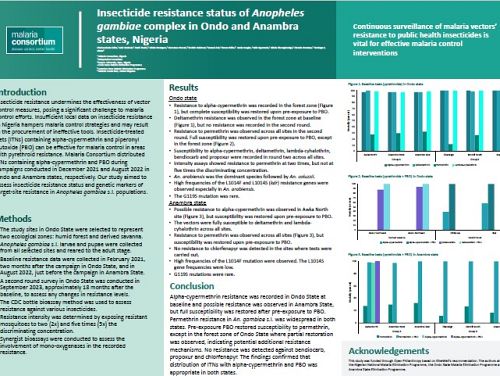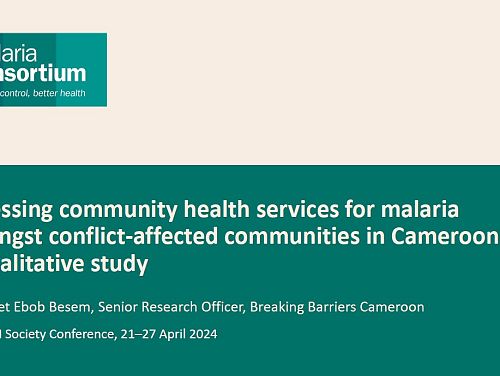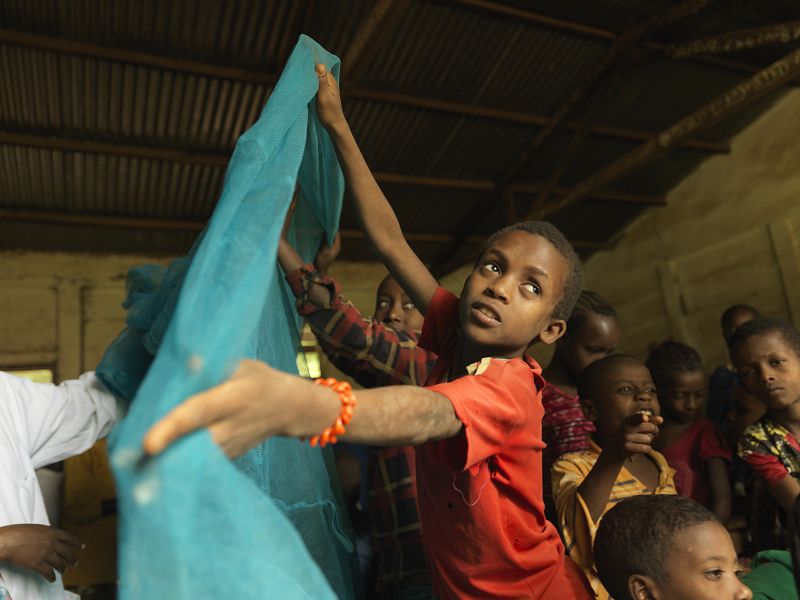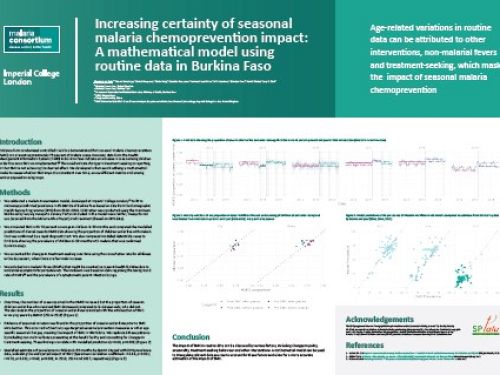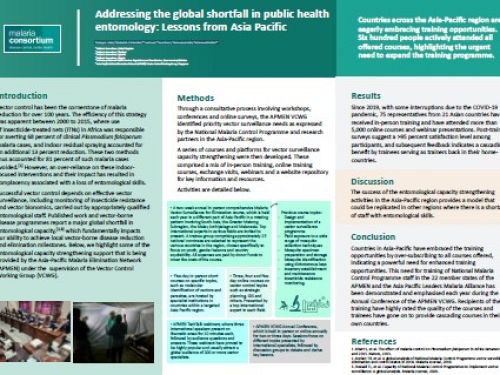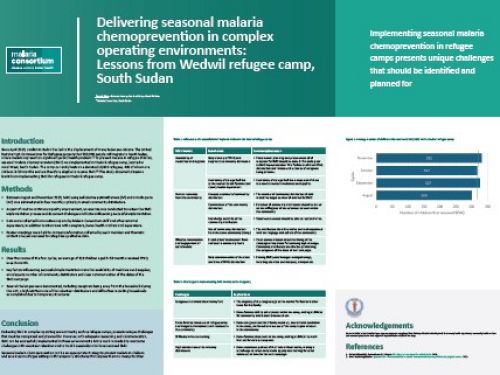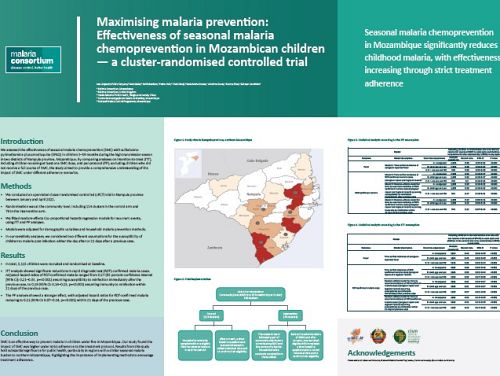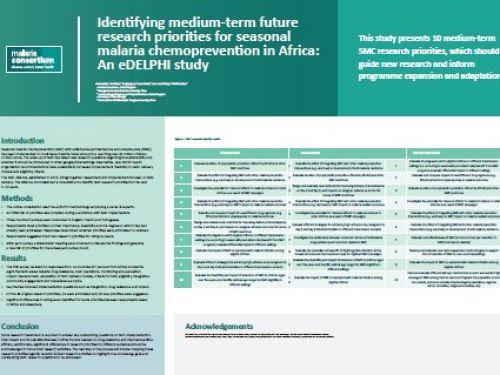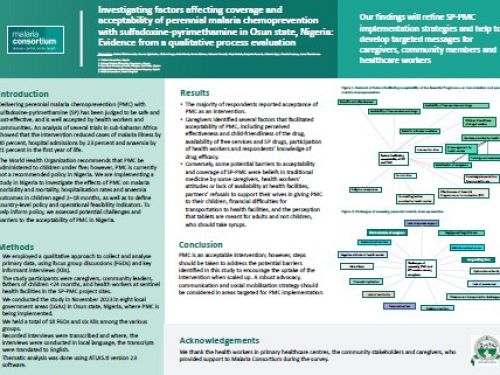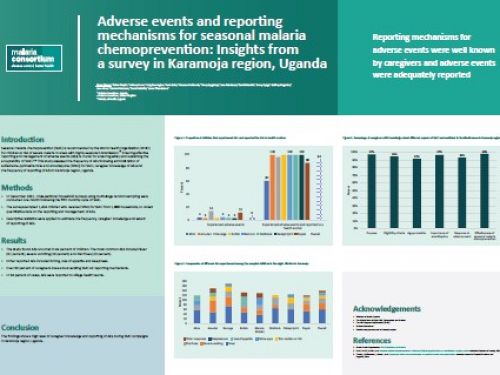Diseases
We’re committed to accelerating the reduction in the burden of targeted diseases – including malaria, pneumonia and dengue, as well as malnutrition and diarrhoea – in ways that guarantee safe operation. We rely on evidence and our expertise to deliver established interventions, influence other effective interventions and guide new strategies. We develop new approaches to emerging threats and support the development and introduction of medicines and technologies for disease control.
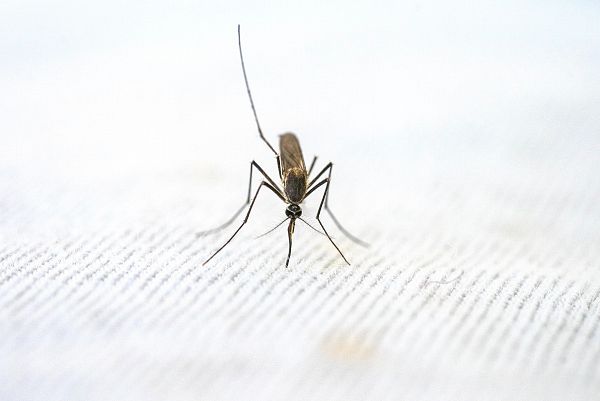
Malaria
Malaria is an infectious disease that, despite being preventable and treatable, threatens the lives of 3.2 billion people around the world. Since 2003, we have been working in partnership with communities, government and non-government organisations in Africa and Asia towards eliminating malaria, providing technical and operational support to strengthen health systems.
Learn more
NTDs
Neglected tropical diseases (NTDs) primarily occur in rural and poor urban areas of low- and middle-income countries and include trachoma, lymphatic filariasis, leprosy, schistosomiasis and dengue. We have been working on NTD control Africa and Asia since 2005, conducting situational analyses and reviewing possible interventions for NTD control in Cambodia, Ethiopia, Mozambique, Myanmar, South Sudan, Thailand and Uganda.
Learn more
Dengue
Dengue is a tropical disease (caused by a virus with four separate serotypes) which is transmitted by the bite of an infected mosquito. The vast majority of cases are found in the Asia Pacific region, but Aedes mosquitoes, which transmit dengue, have expanded into areas including Australia, the United States, southern Europe and Africa. We have been working in Cambodia, Myanmar and Thailand, implementing preventive strategies and using innovative vector control programmes to combat the concerning rise of the disease.
Learn more
Pneumonia
Pneumonia – a preventable, treatable and curable disease – remains the leading infectious cause of death among children under five. Malaria Consortium has been at the forefront of pneumonia diagnostics and implementation research over the past 10 years. Our country offices are supporting ministries of health across Africa and Asia to develop national pneumonia action plans that will strengthen their health system’s pneumonia responses.
Learn more
Diarrhoea
Diarrhoeal diseases are a leading killer of children under five, causing over half a million child deaths each year worldwide. These diseases are caused by drinking or eating contaminated water or food or as a result of poor hygiene and sanitation practices. We support community level health workers to be able to recognise, diagnose, treat and refer children under five suffering diarrhoea and other common childhood illnesses.
Learn more
Malnutrition
It is estimated that over a third of child deaths are due directly or indirectly to undernutrition. We have pioneered work on integrated community case management (iCCM), supporting the integrated treatment of common childhood illnesses including malnutrition at the community level. iCCM involves training voluntary community health workers to diagnose and treat under-fives for these illnesses and to refer cases of severe acute malnutrition (SAM) and complicated illness to health facilities.
Learn more
